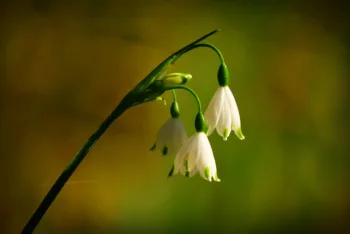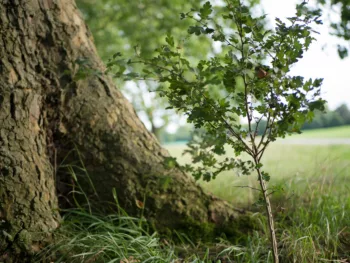More and more people are opting for direct cremation. This is when a cremation is not attended – it’s not accompanied by a funeral service, and family and friends are not able to be present.
There are many reasons why people choose direct cremation – it could be a desire for simplicity, to save money on funeral costs, or because it was requested by the person who died.
They are not right for everyone. Some people prefer a traditional funeral ceremony where family and friends gather with the coffin present.
However, even if you have a direct cremation, you can still bring friends and family together to remember and celebrate a person’s life. In fact, holding a memorial ceremony or celebration of life after a direct cremation can allow you to plan an occasion which might be more personal and meaningful than a traditional funeral.

Here are five things you need to know to help you plan a memorial ceremony after a direct cremation:
1. At a memorial ceremony or a celebration of life, there is no coffin present.
The cremation itself will already have taken place. Instead of having the coffin at the centre of the ceremony, you can have your loved one’s ashes, their photograph or other mementos as a focal point. You could combine this ceremony with scattering the ashes in a special place.
2. A memorial ceremony can take place at any time.
You can be flexible in choosing a date so that, if you have friends or family travelling from abroad or from long distances, it’s easier for everyone who wants to be there to attend. This also means you don’t have to rush anything – you can take the time you need to decide exactly what you would like the ceremony to involve. Alternatively, you could choose a significant date or anniversary for the ceremony.
3. A memorial ceremony can take place anywhere.

Humanist celebrants have delivered memorial ceremonies in all sorts of places. It could be outside in a park or garden; in a family home; at a pub or community centre; or any suitable location that you choose. Having no coffin present can give you a greater choice of locations for the ceremony.
If you are stuck for ideas, think about places that were significant to the person who died – maybe somewhere they enjoyed spending time or expressed their character. Your humanist celebrant can also make suggestions.
On a practical level, you need to consider somewhere with enough space for all the people you want to invite and which is accessible and convenient for everyone. Depending on the venue, you can also arrange to have the ceremony live-streamed, so that those who can’t attend in person can still participate .
4. There is no set length or structure for a memorial ceremony.
There are no rules governing what you have to include. However, a celebration of life or memorial ceremony usually includes certain elements –
- Music
- readings of poetry or prose
- eulogies and tributes – telling the stories and sharing memories of the person who has died
- a moment of silence for reflection
- a symbolic action, like writing messages on shaped cards for the family to keep, sowing wildflower seeds or planting a tree.
Your humanist celebrant can also share non-religious thoughts about life and death, and can help to shape the person’s life story into a fitting tribute.

5. A humanist memorial ceremony focuses on celebrating the person’s life.
Every memorial ceremony is different because every person is different. Your humanist celebrant will spend time with you, finding out about the person who has died and what was unique and special about them. They will make sure the ceremony is a true celebration of their life.
Your celebrant will ask you what you would like the ceremony to include and who you would like to be involved. They can suggest ideas from their experience if you need any extra pointers. Next, your celebrant crafts all of this into a script, which will be shared with you, and which will shape the ceremony on the day.
You can find a humanist celebrant near you using our interactive map, or read about some of the funerals our celebrants have led on our blog.
Why hold a memorial ceremony or celebration of life?
Wherever or whenever it’s held, a memorial service after a direct cremation gives you the opportunity to remember, honour and celebrate the person who has died in a way that’s right for you and truly personal to them.





